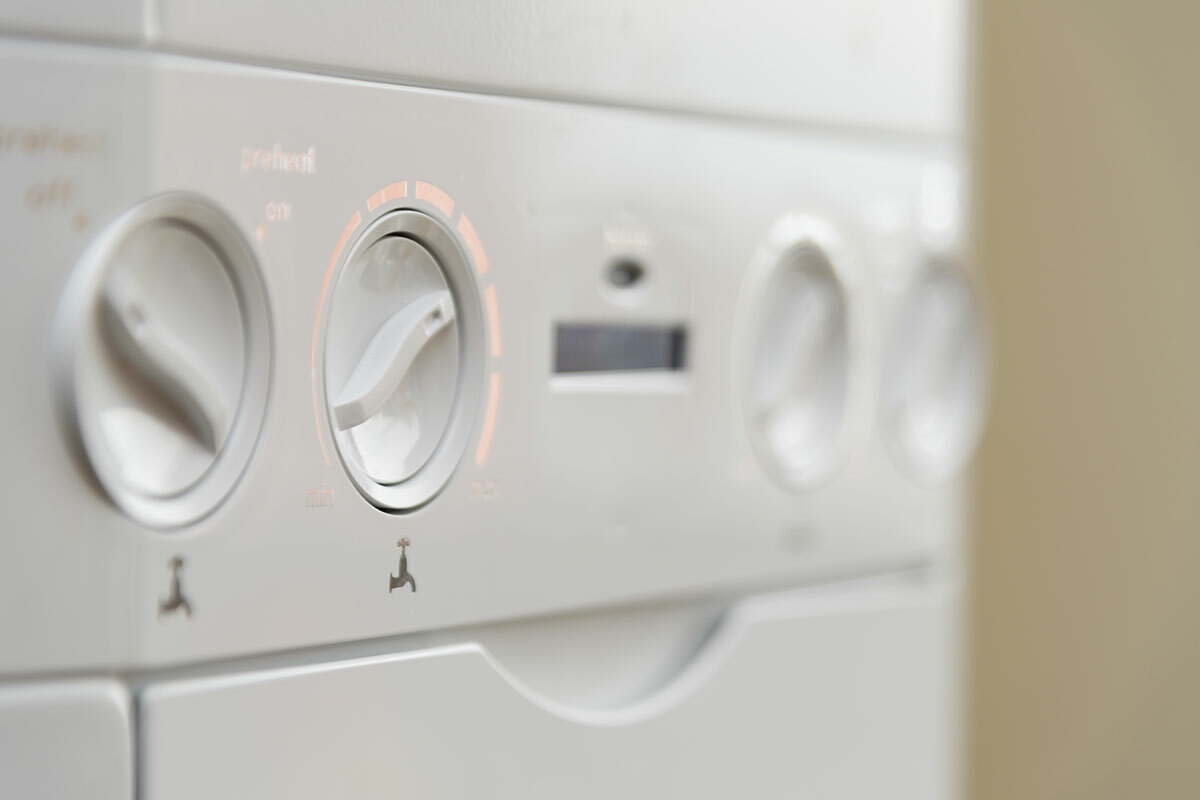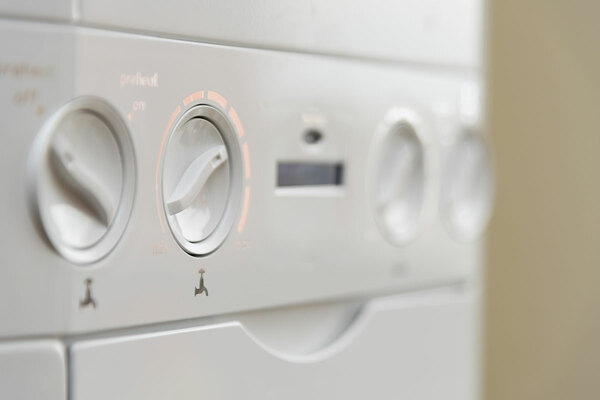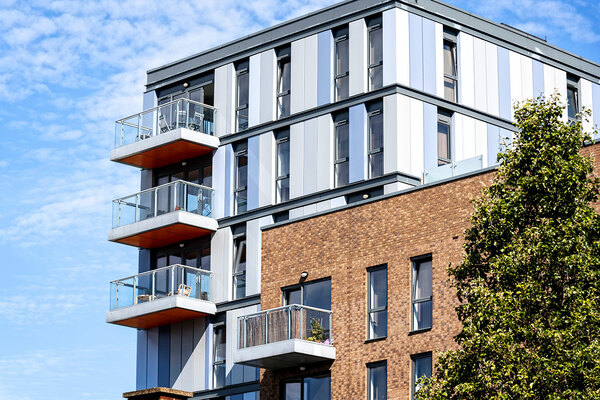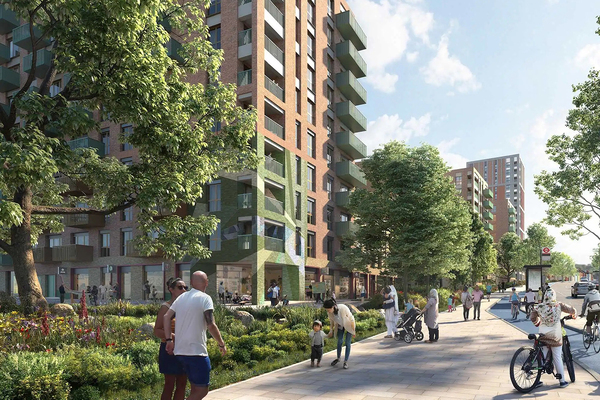Welsh government bans fossil fuel boilers in new social homes
Welsh housing associations and councils will be banned from using fossil fuel boilers in newly built social homes from October.
As part of new general quality standard published by the Welsh government, social housing providers must ensure new homes have an energy performance certificate (EPC) A rating by “not using fossil fuel fired boilers to provide domestic hot water and space heating”.
The document does not offer an alternative to standard boilers, but the Welsh government has been ploughing money into a retrofit programme for social housing which involves using heat pumps.
The Westminster government yesterday also unveiled its long-awaited hydrogen strategy aimed at promoting the gas as an alternative to fossil fuels.
In Wales, the new standard – Welsh Development Quality Requirements 2021 – sets out the minimum requirements for new general needs affordable homes.
Among the requirements are:
- Modern methods of construction to be a “preferred delivery solution”
- New homes to achieve EPC A by not using fossil fuel boilers
- Homes should be “flexible” and “responsive to the needs of occupants”
- Properties should have “sufficient space for occupants to set up a home office in a suitable room to allow home working”
- New properties to be ‘gigabit ready’, meaning fibre optic broadband or gigabit wireless technology is available
The Welsh government said it has “ambition” for private developers to adopt the standards by 2025.
Welsh minister for climate change Julie James, who also has responsibility for housing, said: “How we live and heat our homes over the coming years will be pivotal in reaching our net zero goals.
“Curbing the worst impacts of climate change is a matter of social justice, but so is ensuring people have access to internet in their homes and enough space to live well.
“These standards ensure all of these targets are met as they reflect our modern ways of living and changing lifestyle needs.”
The devolved Welsh administration also said earlier this month that it was committing £250m to help build 20,000 “low-carbon” homes for social rent by 2025.
Ms James added: “Making use of innovative construction methods and design, I have every confidence the social housing sector will prove themselves trailblazers of the ambitious standards, as they deliver on our pledge to build 20,000 low-carbon homes for rent over the next five years.”
Matt Kennedy, policy and public affairs manager at the Chartered Institute of Housing Cymru, said: “The COVID-19 pandemic has reinforced how important access to a good-quality, safe, affordable home is; and with its focus on modern methods of construction, flexibility in how homes can be adapted and its application in the future to all homes built regardless of tenure, this standard represents a big step forward.
“We now need to see a long-term approach to funding the ambition this standard represents, growing the industries that will support its achievement and evaluating its impact on people’s lives, local economies and the environment.”
Sign up for our Wales newsletter
New to Inside Housing? Click here to register and receive our Wales round-up straight to your inbox
Already have an account? Click here to manage your newsletters












